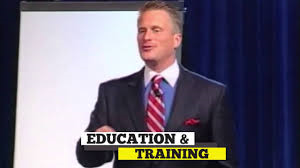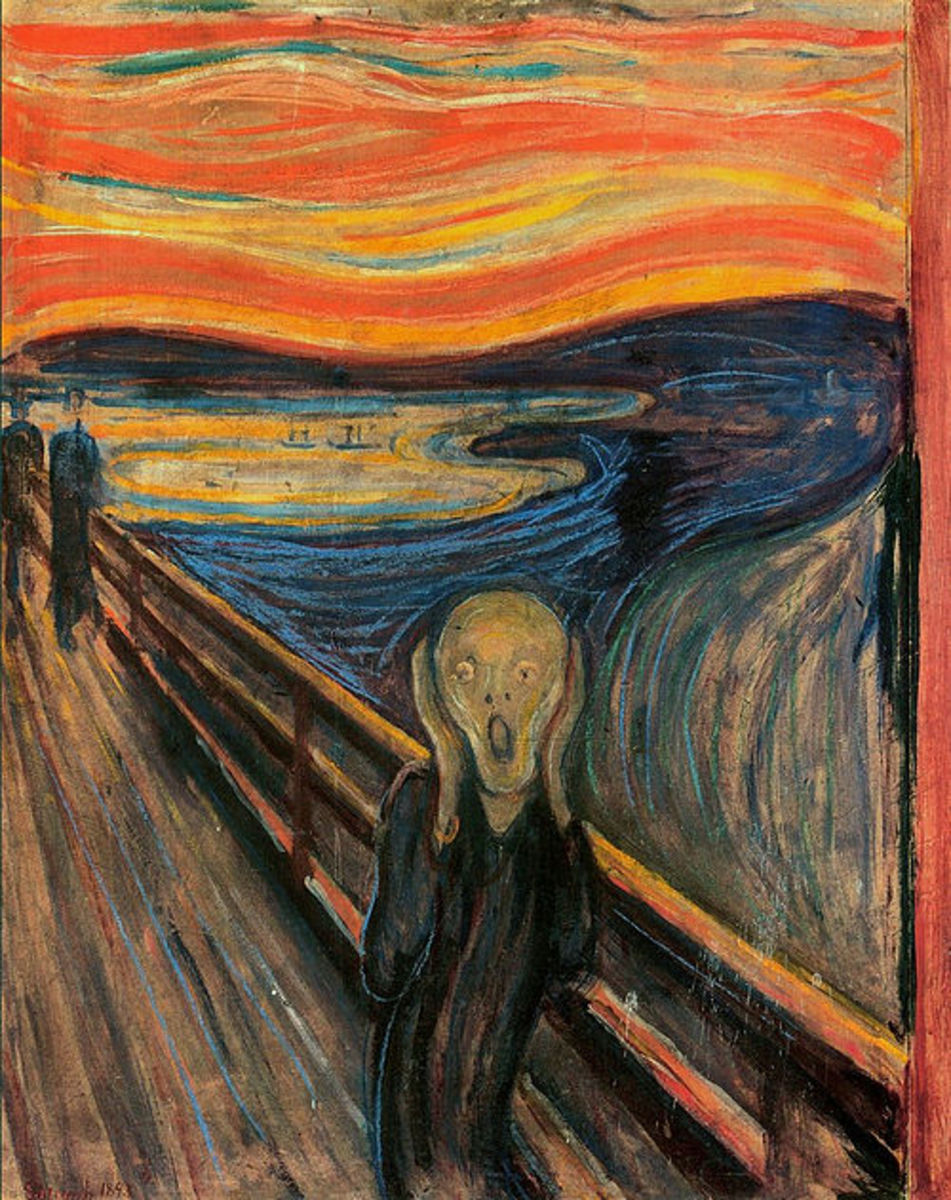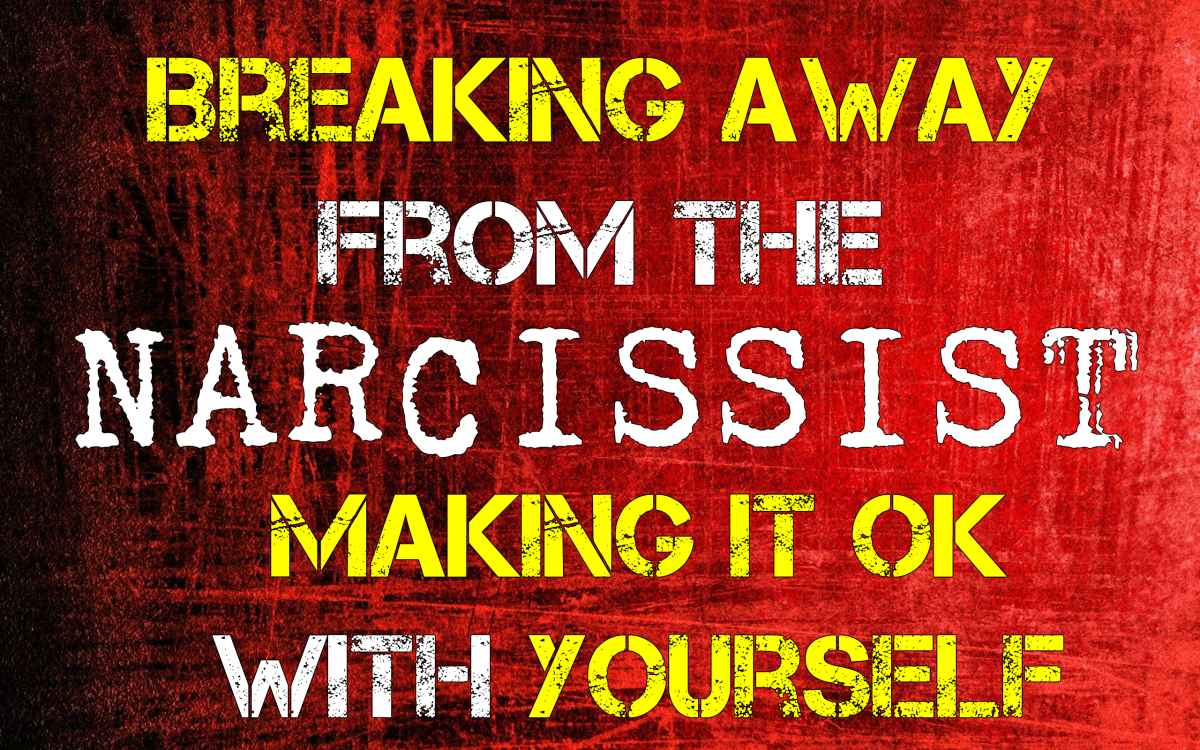Fear and how to conquer it

Why I am writing about fear now.
I'm making this page about How To Conquer Fear because I used to be plagued with fear all the time and still am sometimes. I think with Halloween just around the corner when I first made this page, we need to realize that many people, instead of seeking to conquer fear actually like to coddle fear. It's strange, but there seems to be an unhealthy preoccupation with fear in this country. This can be readily seen by all the scary t.v. and movie promotions you see, especially around Halloween. The next Amazon module offers some purposed reasons for our preoccupation with horror. Then, you'll have a chance to Then express your own view as to the harmfulness, or harmlessness of horror films. Check out my spotlighted book on the psychology of fear, then read my two short articles, the first titled "Fear not," subtitle: "Facing our irrational fears," and the second on "Knowing the types and objects of fear" In between and following, I offer books for further reading on rational and irrational fears and conquering your fears and being at last free from all fear. Finally, read my Guest Article: "The basic message that there is nothing to fear" By Chris Widener. You can also click on a link to hear a message on "Freedom from fear" by Michael Youssef. And please also express your own opinion in my 2nd duel as to whether or not you believe we have nothing to fear but fear itself, following the talk bubble which has the quote. Thanks in advance for your participation and enjoy the rest of the hub.
Our preocupation with horror:
Using philosophical treatises, theological tracts, newspapers, films, and novels, author Stephen T. Asma unpacks traditional monster stories for the clues they offer about the inner logic of our fears and fascinations throughout the ages. Asma studies the symbolic meaning of monsters (e.g., biblical monsters represent arrogance in the face of God's power) and their psychological function. He concludes that humans need an excuse to fight, protect and defend, as well as to transfer those horrific qualities, our own monstrous desires, to inhuman beings. A wide-ranging exploration of fear and evil, Asma's presentation and theories are original and practical, depicting those dark, repulsive notions of an unstable, turbulent world in which everybody must struggle to remain human and civilized.
Read about our preocupation with horror:
What do you think? - Are horror movies harmful or theraputic?
I'll start it off. See how I feel--basically that they are hrmful--with my first blurb.
You, on the other hand, may feel that they actually have a therapeutic effect and thus can help rid us of our hidden fears. Or you may agree with me and have
more thoughts on this subject.
Whatever you think, PLEASE enter your opinnions here:
Horror poll
Are horror movies harmful?
The psycology of fear:
Individuals must cope with fear on a daily basis in a myriad of forms: financial fears, health fears, relationship conflict fears, dental appointments, fears about the future etc. This new book collects important research which helps shed light on important issues in this field which touches all of us each day.

Knowing the types and objects of fear
What are you afraid of?
First let's identify the objects of our fears. What are you afraid of?
1). First, there is the fear of death. Of course for those of who are true believers in Jesus, this fear should be no problem, for as Paul says, "To be absent from the body is to be present with the LORD. I have a very apt illustration of this on my other hub: Faith for dying
2) Some of us are afraid of people. The Bible has an antidote for this fear. IJohn 4:18 says "Perfect love casts out fear." So learn to love those who you fear. Get to know them and find out how you can help them. What deed of kindness you can do for them? How can you pray for them? If you concentrate on these things it leave no place for fear.
3)Then, there is the fear of failure. We become afraid to try something new. We "freeze up." And often our fear of failure, if allowed to grow, becomes a self-fulfilling prophecy. Job found that out. He says in Job 3:25, "The thing which I greatly feared has come upon me."
If we do fail, we can definitely learn from our failures. Then, as Dr. Peale points out in his other book, Think Like A Winner, "Don't ever think that you will always fail. Think about the success that will come from your new wisdom. It's great to conquer this fear of failing. It sets you free to try new things " He then lists the following 7 things to do: plan, learn, think, study, work, believe and pray. "Then," he says, "you will have all you need to beat this fear." Quoting further from the end of his chapter on fear of failure: "Don't wait to be sure of success, because you never will be. If you want to be safe, you will wait and wait. You will not climb mountains. You will not win races. You will not become truly happy."
So don't be afraid to be afraid. Be honest. Admit your fear. But then act as if you were not afraid. With the help of God, go on. Do your job. Don't let fear stop you. Learn how to conquer fear.
(See also the article on fear from my ezine, quoted under the book below.)
Americans are afraid of many things that shouldn't frighten them, writes Barry Glassner in this book devoted to exploding conventional wisdom. Thanks to opportunistic politicians, single-minded advocacy groups, and unscrupulous TV "news magazines," people must unlearn their many mis-perceptions about the world around them. ,,,"False and overdrawn fears only cause hardship," he writes. In fact, one study shows that daughters of women with breast cancer are actually less likely to conduct self-examinations--probably because the campaign to increase awareness of the ailment also inadvertently heightens fears.
The culture of fear:

Guest Article: "The basic message that there is nothing to fear" By Chris Widener
Fear is that ugly monster that, when looked at closely, doesn't really exist. At first glance you hear his roar, he seems so big and so ugly. He forces you to be aware of his presence and his threats. And then, if we are wise, we realize that all of what he is saying is not true. There is nothing to fear. Rarely do we experience that which we fear. Most of the time it is quite the opposite. If
we keep our minds and hearts, as well as our actions, going in the right direction - in the direction of our dreams and vision - we can walk right past that fear of ours.
It is sort of like when you were a child and you were walking along and saw a huge dog in a front yard up the street a bit. Do you remember how afraid you were? And then you realize that the dog was tied up and couldn't get to you, so you strut on by. This is how it is with our fear. Know that fear is on a leash!
---------------------
--Taken from "The Six Basic Messages of a Motivational Speaker" By Chris Widener
God hath not given us the spirit of fear
— PaulHere's some help for overcoming irrational fears:
CD with Nature Sound: The affirmations and suggestions are "buried" in the Ocean Waves Sound; all you hear is The Ocean Waves and the Nature Sound. Final Track Silent, can be used anywhere. There is not sound to be heard by conscious mind

"Fear not!" by James M. Becher
Facing our irrational fears
But, now, as Christmas draws near, let us remember the words of the angel to the shepherds, "FEAR NOT!"
Easier said than done you say, and I agree.
Believe me, I know from experience how debilitating fear can be. I'm not talking, however, about normal fear. We all have that and its both necessary and desirable. But, as Dr. Norman Vincent Peale points out, "The line of distinction between normal and abnormal fear is very finely drawn. Before one realizes, he may step across the line...into the dark and shadowy regions of abnormal fear."*
So, for the remainder of this article when we speak of "fear," let it be assumed that we are talking about abnormal fear. We could also call it irrational fear, because it has been proven that most of things we fear will happen never do happen. Yet, even though we may recognize it as being irrational, this fear can actually gain a grip on our minds and hearts and hold us back and keep us from accomplishing our goals and achieving your God-given success unless we learn how to conquer this fear.
But what can we do when we have these fears? Should we run away from them. Dr. Peal says no. "Do not run away from your fears. Decide to face them. When someone stands up to something, that something tends to fold. IT is far better to face your fears head-on."
Listen to this great message on 'Grace vs, Fear": - from Jefferson Bethke
- Grace vs. Fear PBy Jefferson Bethke
Jefferson Bethke’s Video Will Put Your Fears to Rest! -

Never take the advice of your fears
We have nothing to fear, but fear itself
— F.D.RA fearless lifestyle:
Conquering fear is no easy one-time fix. Learning to conquer fear is often a daily struggle. Hopefully, which hopefully will result in a fearless lifestyle.
listed in: Christ Centered Web - Directory










